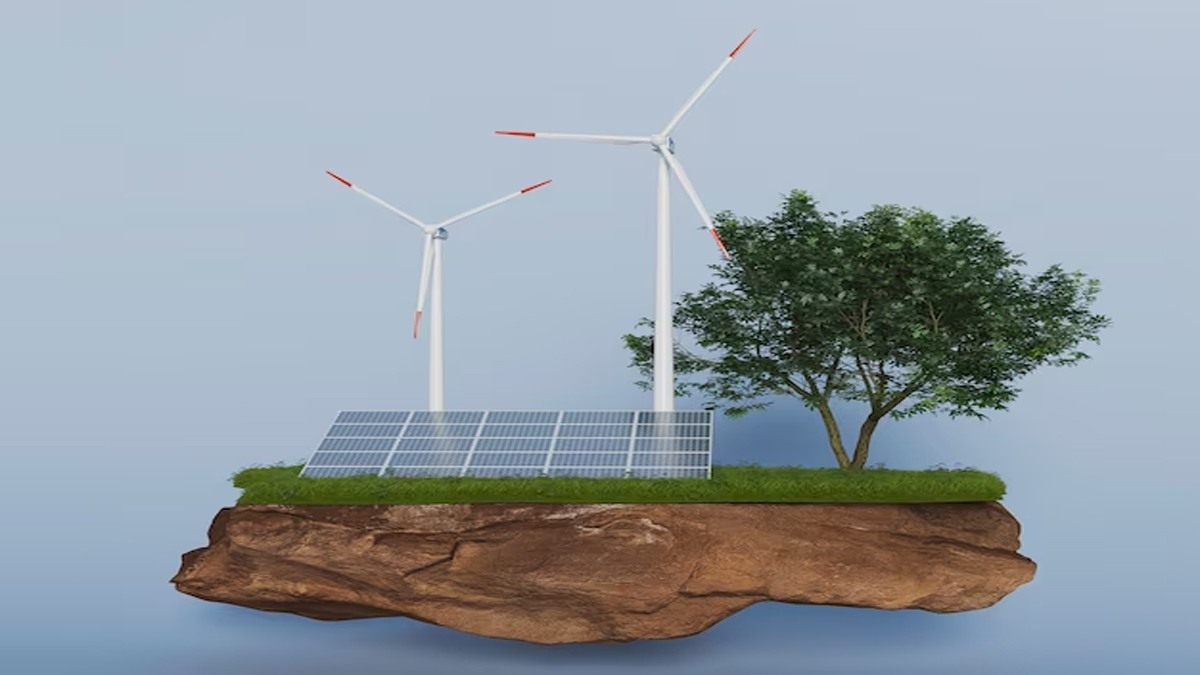Laws and regulations play a significant role in incentivizing and facilitating the adoption of renewable energy sources, promoting energy efficiency, and encouraging sustainable practices across various sectors. Here are several key ways in which the law promotes renewable energy and sustainable development:
- Renewable Energy Standards and Targets:
Governments establish renewable energy standards and targets through legislation or regulatory mechanisms. These standards require a certain percentage of energy generation to come from renewable sources, such as wind, solar, hydro, or geothermal. By setting these targets, governments encourage the transition to clean energy and create a market demand for renewable technologies. - Feed-in Tariffs and Power Purchase Agreements:
Laws can establish feed-in tariffs (FITs) or power purchase agreements (PPAs) that guarantee fixed payments or premium rates for renewable energy producers. These mechanisms provide long-term financial incentives and stability for renewable energy projects, attracting investment and promoting their development. - Renewable Energy Incentives and Subsidies:
Governments can offer various incentives and subsidies to promote renewable energy adoption. These may include tax credits, grants, low-interest loans, or accelerated depreciation for renewable energy projects. These financial incentives help offset the higher upfront costs associated with renewable technologies and make them more economically viable. - Net Metering and Feed-in Laws:
Net metering laws allow individuals or businesses with renewable energy systems to sell excess electricity generated back to the grid, offsetting their energy bills. Feed-in laws, on the other hand, require utilities to purchase electricity from renewable energy producers at a predetermined price. These mechanisms encourage distributed energy generation and empower individuals and communities to participate in renewable energy production. - Environmental Regulations and Permits:
Laws and regulations establish environmental standards, emission limits, and pollution control measures for various industries. They also require environmental impact assessments and permits for large-scale energy projects, ensuring that renewable energy developments are carried out in an environmentally responsible manner. - Energy Efficiency Standards and Building Codes:
Governments can enact energy efficiency standards and building codes that mandate the use of energy-efficient technologies and practices in construction and renovation projects. These laws promote the use of renewable energy systems, energy-efficient appliances, and building designs that minimize energy consumption. - Research and Development Funding:
Governments can allocate funds for research and development in renewable energy technologies. This support encourages innovation, the development of new clean energy solutions, and the advancement of sustainable practices. - International Agreements and Treaties:
Countries often participate in international agreements and treaties aimed at addressing climate change and promoting sustainable development. These agreements, such as the Paris Agreement, establish targets, guidelines, and cooperation mechanisms for reducing greenhouse gas emissions and transitioning to renewable energy sources.
Overall, the role of law in promoting renewable energy and sustainable development is multi-faceted. It creates a supportive legal framework, provides financial incentives, establishes standards and regulations, and encourages collaboration among stakeholders. By leveraging the power of law, governments can accelerate the transition to a sustainable energy future and foster long-term environmental, social, and economic benefits.
